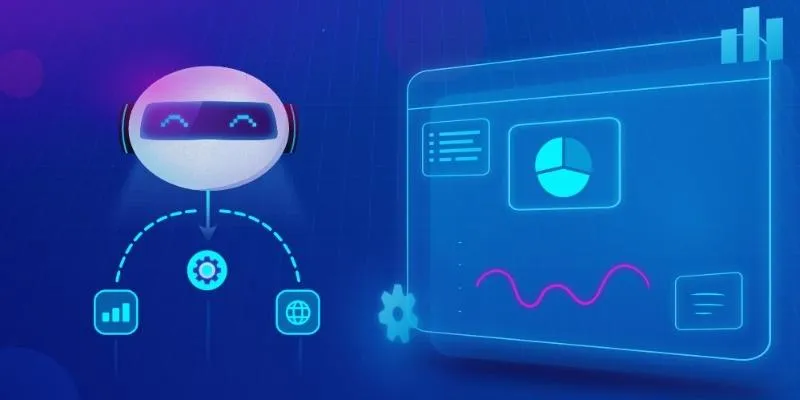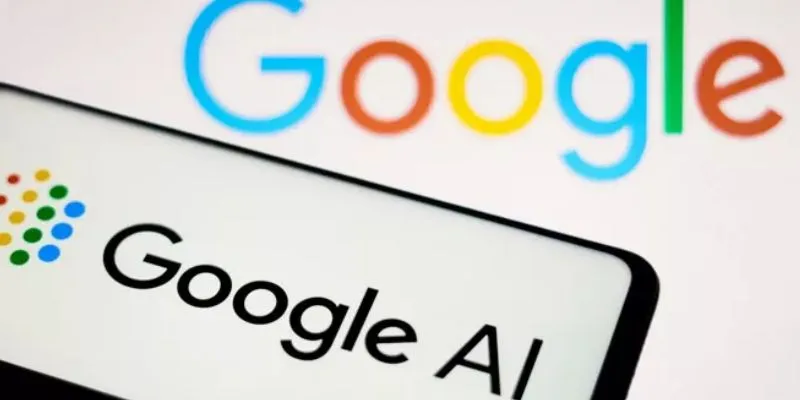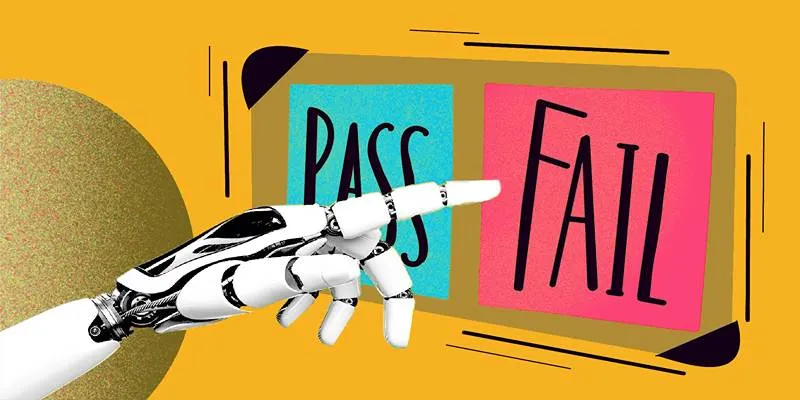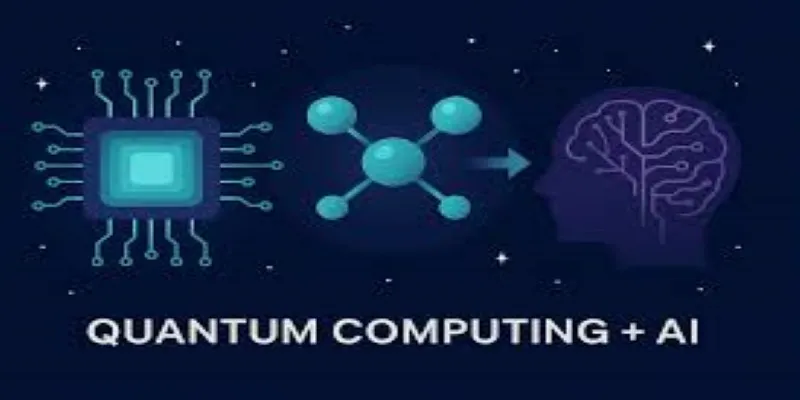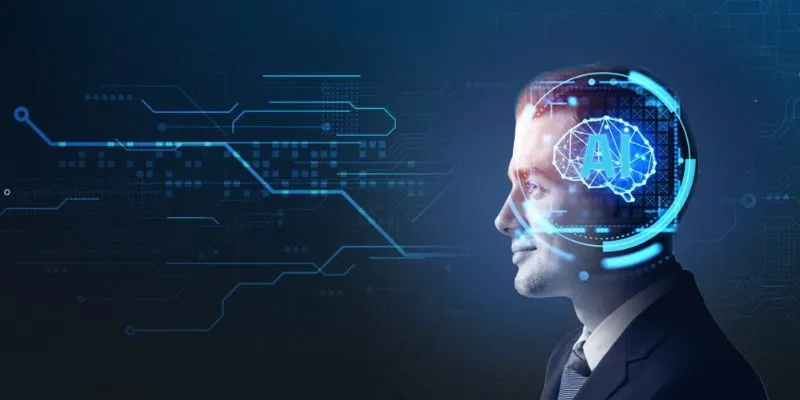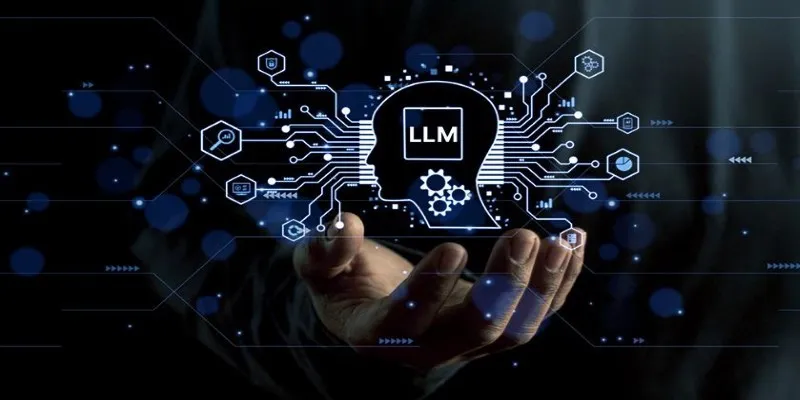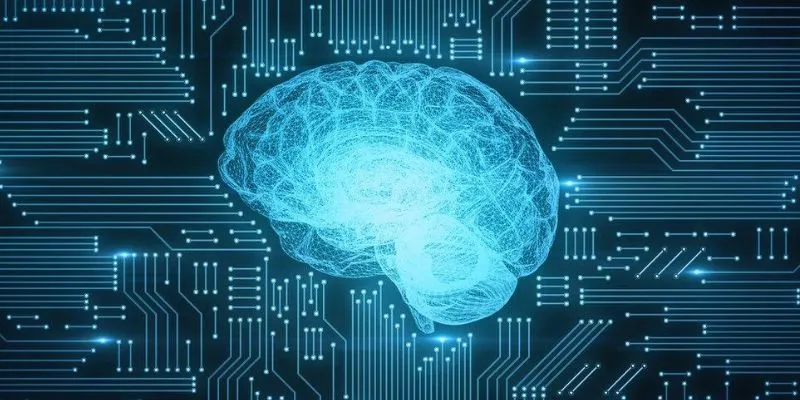Artificial intelligence (AI) is revolutionizing the education sector, particularly in standardized testing, where it’s utilized for grading, test creation, and monitoring students. While AI offers increased efficiency and the potential for more objective assessments, it also raises ethical concerns, especially regarding bias, privacy, and reduced human oversight. AI systems can perpetuate biases if trained on flawed data, leading to questions about fairness.
Furthermore, privacy issues have been raised due to the extensive collection of student data. This article explores the ethical challenges of AI in standardized testing and offers insights on ensuring responsible, equitable, and transparent applications in educational settings.
Addressing Bias and Fairness in AI Grading
A significant ethical challenge in applying AI to standardized testing is bias in automated scoring. AI programs are only as neutral as the data they are trained on, and if the data is incomplete or biased, the results will mirror these biases. For example, if an AI program is predominantly trained on data from a specific demographic, it may struggle to evaluate students from diverse cultural or socioeconomic backgrounds fairly, resulting in biased outcomes.
This issue is particularly evident in essay-style tests, where AI may fail to appreciate language subtleties, tone, or atypical expression. Students using distinctive phrasing, non-conformist structure, or unconventional techniques might be unfairly marked down, as the system tends to prioritize patterns and keywords over deeper thought or creativity. Consequently, students with answers that deviate from the expected format may lose points despite the quality of their ideas.
Another critical issue is the transparency problem in AI decision-making. Known as “black boxes,” AI systems are often difficult to decipher, leaving students unaware of how their grades were determined. This opacity makes it almost impossible to contest or correct grading errors. Without accountability, students may feel helpless in disputing perceived biases, further complicating the ethical use of AI in grading.
Privacy and Data Security Concerns
Integrating AI into standardized testing also poses significant privacy and data security risks. As AI systems gather vast amounts of data on students—including personal details, performance metrics, and behavioral data from online assessments—there’s a risk of this sensitive information being exposed, misused, or sold. Valuable data is a constant target, and if AI systems are inadequately protected, students’ private information could be compromised.

Additionally, there’s ambiguity regarding data ownership and retention. In some cases, testing organizations claim ownership of the data, leaving students in the dark about how their information will be used. This uncertainty raises concerns about the long-term use of personal data and whether it could be shared or sold without student consent.
AI-powered proctoring systems, designed to prevent cheating by monitoring students through facial recognition, eye tracking, or keystroke analysis, also raise privacy concerns. While effective in maintaining test integrity, these tools can be intrusive and may not always perform accurately, particularly with students from diverse backgrounds. For example, facial recognition systems may struggle with students who have darker skin tones, leading to unfair surveillance and potential false accusations of cheating.
The Importance of Human Judgment in AI-Assisted Testing
Despite AI’s growing role in standardized testing, human judgment remains essential to the assessment process. AI systems, while efficient at processing large datasets, cannot grasp the nuances of context, emotions, or reasoning that human educators provide. This limitation is particularly troubling as AI takes on an increasing role in grading and evaluation.
Human educators are vital in interpreting student responses and offering context-specific feedback, which AI cannot replicate. While AI can assist by handling repetitive, data-driven tasks, human input is necessary for evaluating more complex aspects of student work, such as creativity and critical thinking. A hybrid model, where AI aids in grading and human reviewers make final decisions, would allow for a more ethical approach.
Moreover, there are psychological implications for students. Knowing that an AI system is grading their work might cause students to focus on what the algorithm “expects” rather than fostering independent thinking or creativity. This shift could discourage intellectual curiosity, as students may prioritize conformity over original thought. Ultimately, standardized testing should nurture growth and development, and AI alone may not be equipped to support that goal.
Ethical Responsibility in AI Development and Implementation
To ensure ethical use of AI in standardized testing, developers and educational institutions must take responsibility for how AI systems are designed and implemented. Ethical principles such as fairness, transparency, and accountability should be central to AI technology development. The goal is to create systems that are not only efficient but also serve the best interests of all students, regardless of their background or learning style.

Transparency is a crucial component of ethical AI. Educational institutions and testing organizations should clearly communicate how AI systems function, how grades are assigned, and what data is collected and used. By providing transparency, students and educators can better understand how decisions are made, ensuring AI-driven assessments are open to scrutiny and correction when necessary.
Furthermore, AI systems must be trained on diverse datasets that reflect various student backgrounds, learning styles, and needs. This ensures that AI systems provide equitable assessments and do not disadvantage any particular group. Regular audits of AI algorithms and ongoing evaluations of their impact are also necessary to address emerging biases or ethical concerns. Ethical AI development in standardized testing requires continuous oversight to protect students’ privacy and ensure fairness.
Conclusion
AI has the potential to transform standardized testing, but addressing ethical concerns—such as bias, privacy, and human judgment—is critical. These issues are vital for shaping fair educational assessments. AI should complement, not replace, human educators, prioritizing fairness, transparency, and accountability. Responsible AI implementation in testing requires balancing innovation and ethics, ensuring that technology benefits all students equitably. As AI continues to evolve in education, it’s essential to uphold fairness and privacy principles in its use.
 zfn9
zfn9







